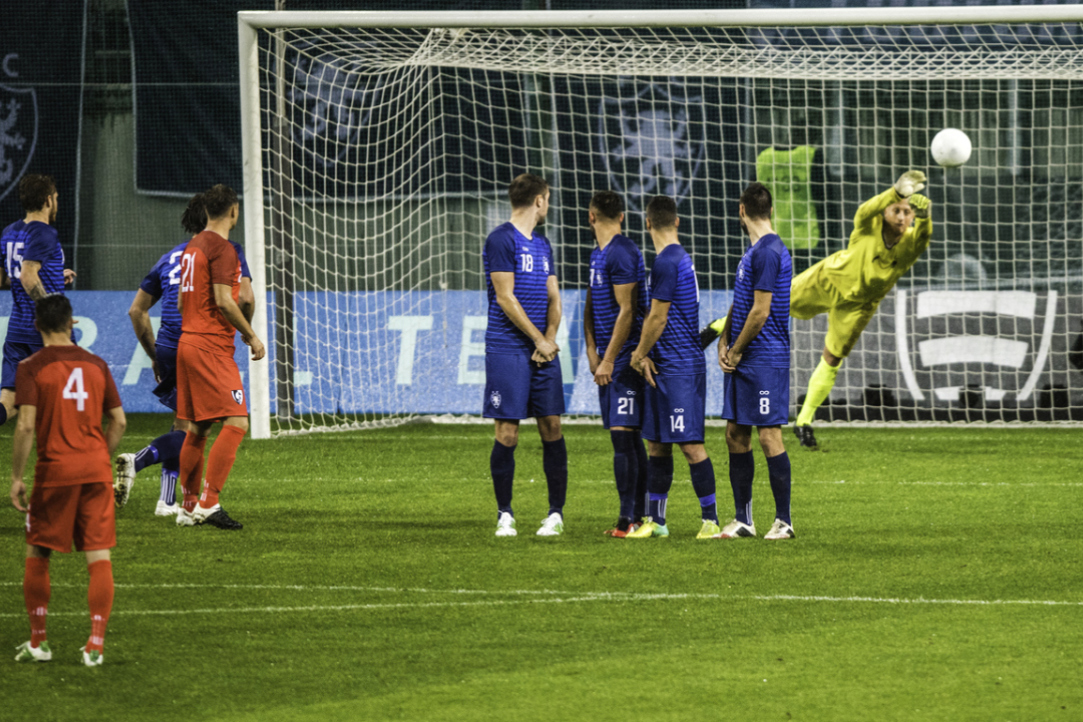
Defenders in Football Underrated in the Transfer Market
Having analysed the statistics of players in the German Bundesliga, researchers from the HSE University Laboratory of Sports Studies found that the impact of defensive actions by players during a football match is much greater than contribution of such actions to their market value. The results of the study were published in the journal Applied Economics.

Middle Volga Experienced Half as Many Droughts in 20th and 21st Centuries as in 19th Century
These were the findings made by researchers of the HSE Faculty of Geography and Geoinformation Technology and the Russian Academy of Sciences Institute of Geography. They studied tree rings of Scots pines for an insight into the region's climatic past and published their results in Dendrochronologia.

HSE Researchers Can Now Measure Individual Decision-making Time
HSE researchers have developed an algorithm for estimating individual response preparation period duration. Their approach can help diagnose disruptions in decision-making and motor functions associated with certain diseases. The study findings are published in PLoS ONE. The research was financed by a megagrant from the Russian government as part of the 'Science and Universities' National Project.
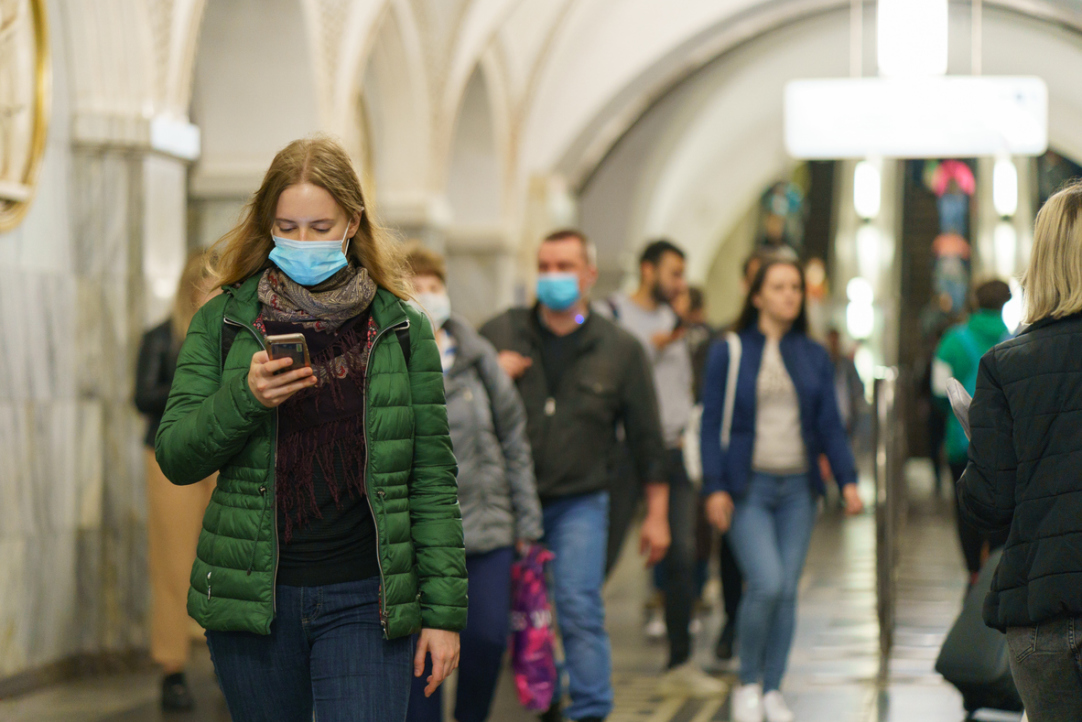
HSE Researchers Find Out How to Communicate Health Information More Effectively to Fight COVID-19
Focusing on mortality from the COVID-19 virus is no more effective than calls to wear masks and save lives, but it significantly increases people's anxiety. After conducting an experiment with over 15,000 respondents from 84 countries, an international group of researchers, including scientists from HSE, came to this conclusion. The results of the study have been published in the Affective Science journal.
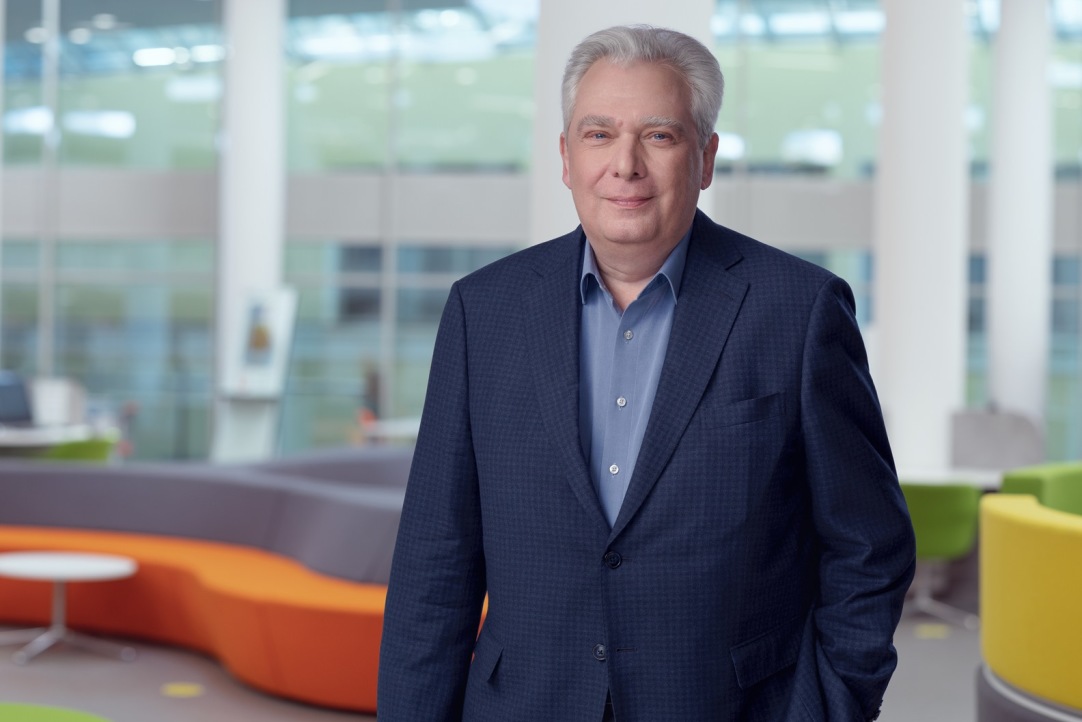
Igor Agamirzian: 'Multidisciplinarity is Our Strength'
Keeping up with rapidly changing technology requires accelerated digital transformation in various spheres of the economy and science, as well as a broader application of machine learning and artificial intelligence. Technological advancement also requires conceptualisation and relevant legal regulation. The HSE News Service interviewed HSE Vice President Professor Igor Agamirzian, Academic Supervisor of the strategic project 'Digital Transformation: Technologies, Effects, Efficiency', about ongoing research into digitalisation and its outcomes.
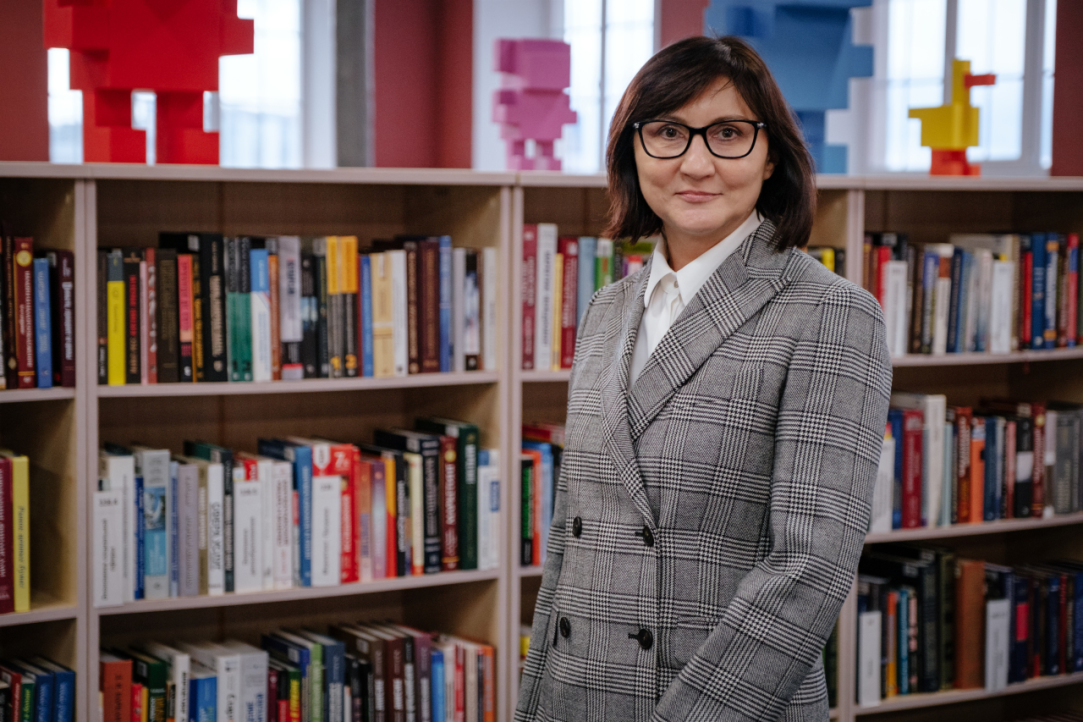
'An Entrepreneur Has to Be Passionate About Their Business'
The results of the Russian part of the Global University Entrepreneurial Spirit Students' Survey (GUESSS 2021) have been published. It found that Russian students show interest in entrepreneurship more often and think about starting their own business five years after graduation. Galina Shirokova, Professor at the School of Economics and Management, Director of the Centre for Strategic Entrepreneurship, told us about other trends in the sphere of entrepreneurship.

Majority of Russian IT Specialists Do Not Plan to Relocate
Despite sanctions pressure and the departure of numerous international companies, Russian IT workers take an optimistic view of the development prospects of the domestic IT industry.
‘If We Aren’t Immersed in Research from a Young Age, It Is Harder to Catch Up’
On February 1, the HSE Cultural Centre hosted an award ceremony for the winners and laureates of the 2022 Student Research Paper Competition. Participants included students and graduates of HSE University and other universities. The ceremony closed with a ‘Science Battles’ event.

Basic, General, and Home-based: Why Families Choose to Homeschool and What Challenges They Face in Doing So
There are many reasons why families choose to homeschool their children, from wishing to personalise their education to protecting them from bullying to strengthening the family bond. Those who decide to switch to homeschooling can face quite a few challenges, both logistical and psychological, including criticism from family members. IQ.HSE presents a few facts on homeschooling in Russia based on a paper by researchers of the HSE Institute of Education.
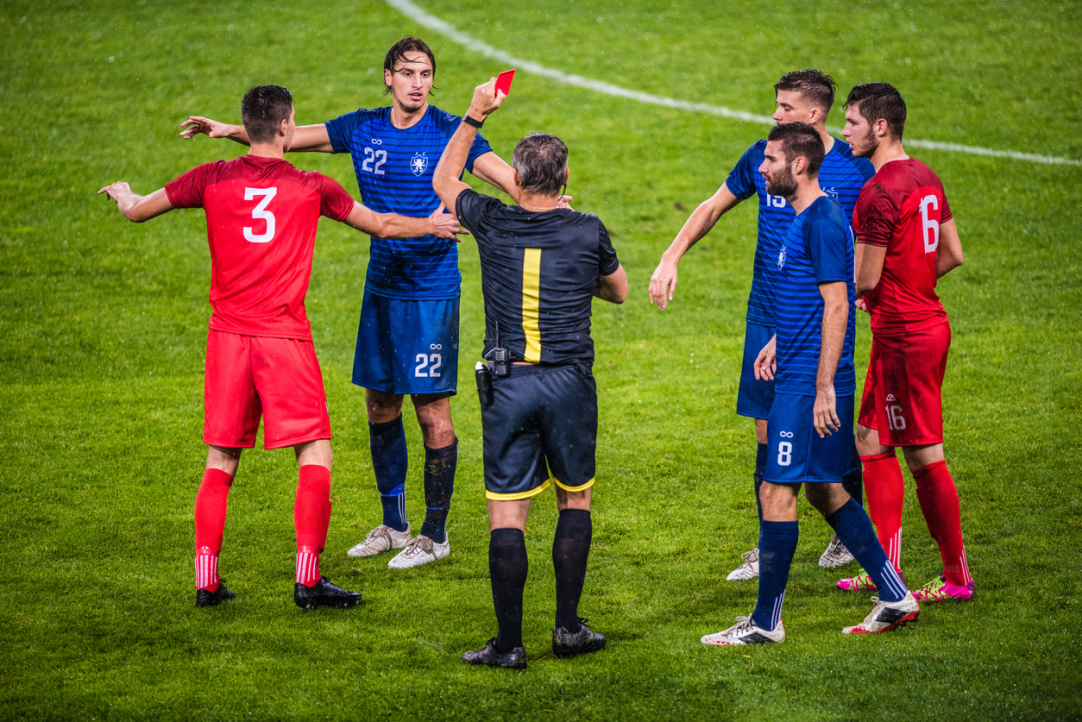
Referee Recommendation System Developed by HSE University and RFU Wins Award
An algorithm for selecting football referees developed by the Laboratory of Sports Studies at the HSE University Faculty of Economic Sciences and the Russian Football Union (RFU) has been named the Best IT Project in the Sports Industry by the Global CIO professional community. In order to recommend the most suitable referee for a particular match, the algorithm considers 30 parameters, including referees’ ratings, the match category, the venue, the need for rotation, etc.


Applications are submitted until August 17, 2025